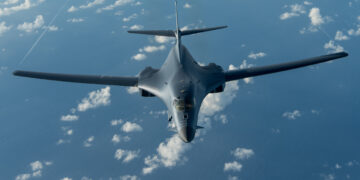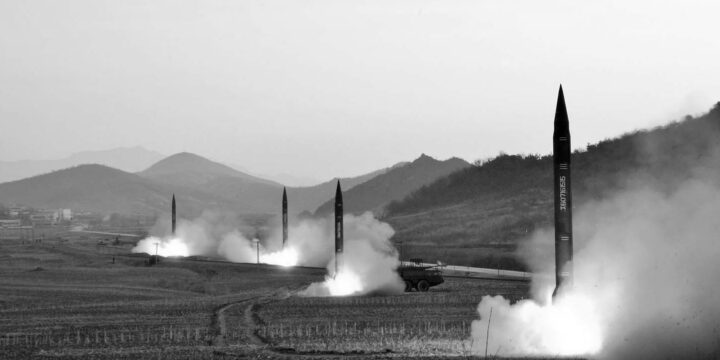March 24, 2022
Deterrence has worked against North Korea and will continue to work
FOR IMMEDIATE RELEASE:
March 24, 2022
Contact: press@defensepriorities.org
WASHINGTON, DC—Today, North Korea tested an intercontinental ballistic missile, Pyongyang’s most significant missile test in years. Defense Priorities Director of Asia Engagement Lyle Goldstein issued the following statement in response:
“This ICBM test, the first since 2017, demonstrates new progress in North Korea’s missile program. That’s bad news, but the U.S. position in Northeast Asia remains strong. Washington should react calmly to this foreseeable provocation. The U.S. retains overwhelming nuclear and conventional military superiority with respect to North Korea. Deterrence has worked against North Korea for seven decades and will continue to work. If North Korea dared to launch an ICBM at the U.S., North Korea would be destroyed. Pyongyang is extremely unlikely to commit national suicide in this way.
“While there is no cause for panic, there is a reason to reform the U.S. approach to the issue. To avoid continued instability, Washington needs to alter its approach to the Korean Peninsula. First, it should reengage with North Korea. Continuing talks with Pyongyang are an imperative in the nuclear age. Second, the U.S. should recognize that denuclearizing North Korea is unrealistic, but other types of arms control arrangement could be within reach, especially when paired with sanctions relief. Third, Washington will need to coordinate carefully with Seoul, and do so with the knowledge that South Korea has vast superiority over North Korea in most metrics of power. Finally, the developing ‘New Cold War’ with China, and now with Russia, are not conducive to a peace on the Korean Peninsula. These tensions should be mitigated, because both Beijing and Moscow have important roles in the security of Northeast Asia.”
More on Asia

Featuring Lyle Goldstein
June 13, 2025







